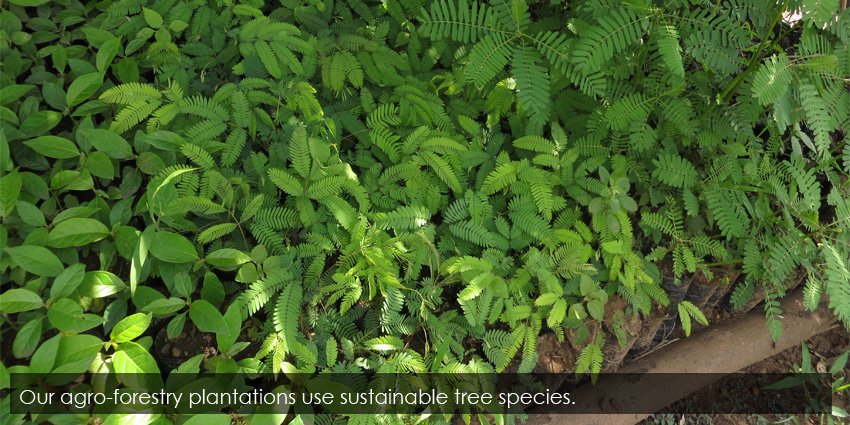Impact On The Environment
PAMOJA’s Energy Platform provides Agro-Processing Services, Biomass Briquettes and Charging Battery Services.
The Biomass Supply Chain Sustainability Assessment framework serves Pamoja as a guide for planning and monitoring the biomass supply of bio-energy systems. Criteria covering areas of reliability, social benefits & impacts, environmental impacts, and financial costs have been identified to rate the long-term sustainability of the biomass supply option. The best supply option is chosen based on weighted sustainability criteria to: ensure reliability, maximize social benefits for the farmers and community, minimize negative environmental impacts, and reduce cost. Framework and Criteria Assessment 2015
Our business operations have positive impacts on the environment, in every level of our business. Take our bio-briquettes as a substitute for charcoal, for instance. Reducing charcoal production is a giant leap forward that provides an alternative fuel that prevents deforestation.
We produce electricity mainly from biomass waste. This biomass waste is sourced from organic agricultural residues and backed by dedicated tree plantations. Sustainable biomass tree species are fast-growing, nitrogen fixing and coppicing.
Agro-Forestry for Biomass Production
The use of an Agro-Forestry model for growing of biomass is a sustainable alternative for production of biomass. Sustainable tree species that are N-Fixing, Coppicing and Water-Efficient have been used in this Agro-Forestry System. Special attention is given to ensure that current cropping patterns are not affected and incremental benefits are provided to the farmers.
Prevention of Deforestation
Biomass Briquetting uses agricultural residues, biomass from the agro-forestry plantations and the bio-char from the gasifier. For every tonne of biomass briquettes produced 7 trees are saved. It provides an alternative fuel to charcoal without changing the existing systems
Climate Change Mitigation
The efficient use of agricultural residues as a feedstock for electricity generation and production of biomass briquettes provides a robust energy solution for climate change mitigation. For every power plant installed an equivalent of 350 tonnes of CO2 emissions are prevented.

